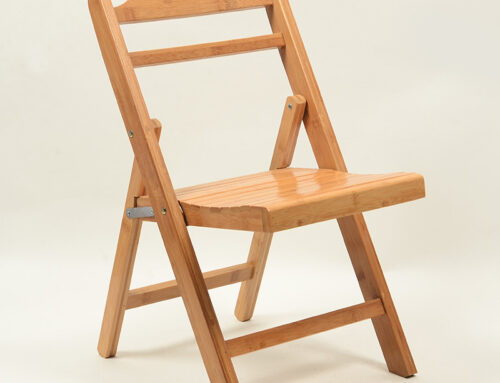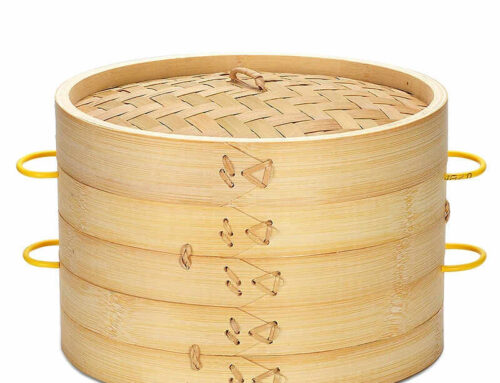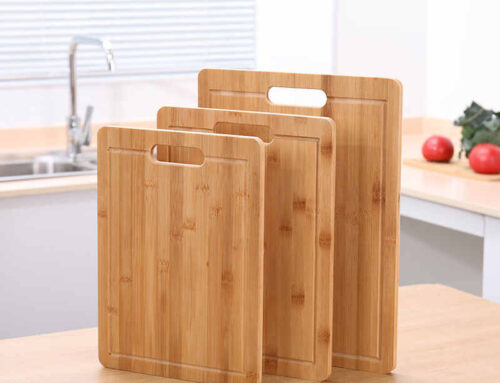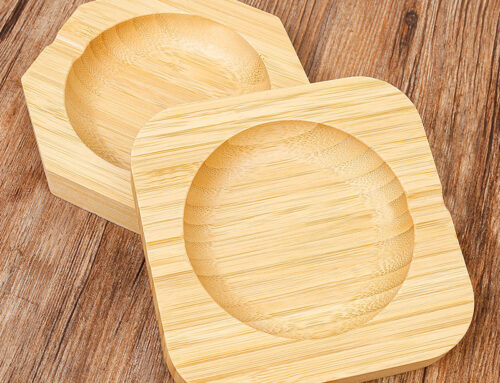In recent years, bamboo products have seen a dramatic rise in popularity across various industries. From bamboo furniture and bamboo kitchenware to textiles and construction materials, bamboo is becoming the go-to choice for eco-conscious consumers and businesses. But what exactly is driving this trend? Here are the key reasons behind the widespread application of bamboo products.
- Eco-Friendly & Sustainable
Bamboo is one of the fastest-growing plants on Earth, with some species growing up to 91 cm (36 inches) per day. Unlike traditional hardwood trees that take decades to mature, bamboo can be harvested in 3-5 years without killing the plant, making it an incredibly renewable resource. Additionally, bamboo absorbs more CO2 and releases 35% more oxygen than equivalent tree stands, helping combat climate change. - Durability & Strength
Despite its lightweight nature, bamboo is stronger than many types of wood and even some metals. Its tensile strength rivals steel, making it ideal for flooring, furniture, and even scaffolding in construction. Products made from bamboo are long-lasting, resistant to warping, and can withstand heavy use. - Versatility in Applications
Bamboo can be processed into a wide range of products:
- Home & Kitchenware (cutting boards, utensils, straws)
- Textiles (soft bamboo fabric for clothing and bedsheets)
- Construction Materials (flooring, panels, structural beams)
- Paper & Packaging (an eco-friendly alternative to plastic)
- Decorative Items (lamps, baskets, wall art)
- Naturally Anti-Bacterial & Hypoallergenic
Bamboo contains a bio-agent called “bamboo kun”, which resists bacteria, fungi, and pests. This makes bamboo products ideal for kitchenware, cutting boards, and textiles**, as they stay cleaner and odor-free longer than plastic or other woods. - Aesthetic Appeal & Modern Design
Bamboo’s natural grain and warm tones make it visually appealing for interior design. Its sleek, minimalist look fits well with modern and rustic styles, making it a favorite among designers and homeowners. - Cost-Effective & Economical
Due to its rapid growth and ease of cultivation, bamboo is often more affordable than traditional hardwoods. This cost efficiency, combined with its durability, makes it a smart investment for both consumers and manufacturers. - Supports Sustainable Livelihoods
Bamboo farming provides income for communities in Asia, Africa, and Latin America. Since it requires minimal pesticides and water, it’s a low-maintenance crop that empowers small-scale farmers while promoting environmental conservation.
Conclusion
Bamboo is no longer just a “poor man’s timber”—it’s a super-material that aligns with the global shift toward sustainability. As more industries adopt bamboo-based solutions, we can expect even more innovative uses in the future.
Are you using bamboo products in your daily life? Share your favorites in the comments!





